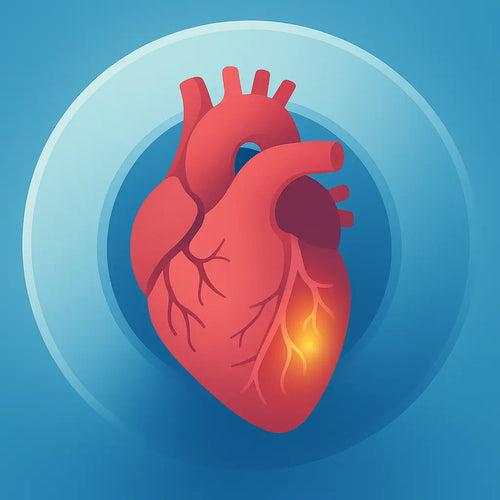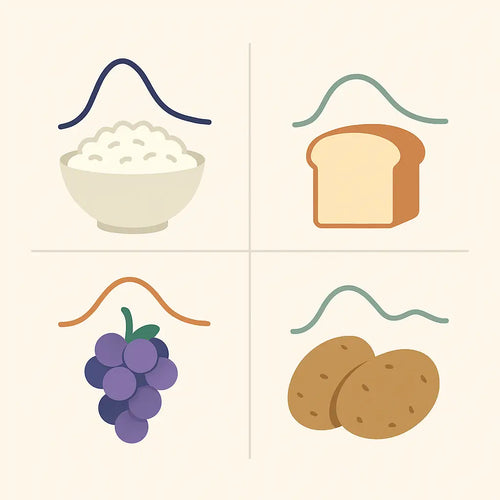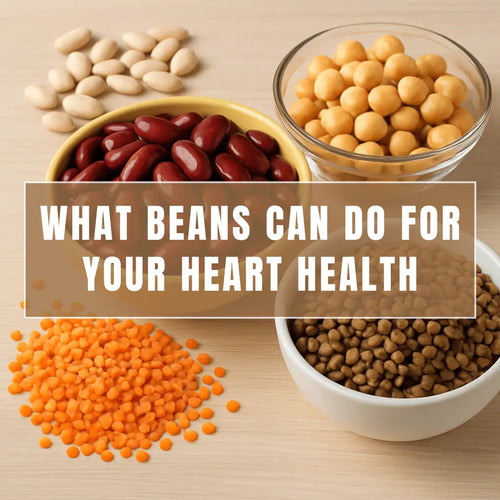No products in the cart.
Most of the time when we think about weight loss and improving the biochemistry, we think about eating less and maybe what kind of food to eat. What about the timing of food? Does it matter what time of the day you eat, and when you eat the most calories? What if the only thing you changed was when you ate the biggest meal? Would it make a difference? This has been researched. Overweight and obese women with metabolic syndrome were divided into two groups for weight loss, both groups were given 1400 kcal per day for 12 weeks (Jakubowicz D, et al. 2013). The only difference was that one group had 700 kcal for breakfast, 500 kcal for lunch and 200 kcal for dinner. The other group had 200 kcal for breakfast, 500 kcal for lunch and 700 kcal for dinner. The results showed that the women in the group eating the most calories for breakfast lost more weight and had a bigger decrease in waist circumference. They also had a bigger decrease in fasting blood glucose and insulin, and their insulin resistance improved more. The triglyceride levels decreased by an average of 33.6%, while it increased by 14.6% in the group that had more calories at dinner. The group eating more calories at breakfast also felt less hungry. They got all these benefits just by changing one thing, having most of their calories at breakfast instead of at dinner.
Jakubowicz D1, Barnea M, Wainstein J, Froy O. High caloric intake at breakfast vs. dinner differentially influences weight loss of overweight and obese women. Obesity (Silver Spring). 2013 Dec;21(12):2504-12. doi: 10.1002/oby.20460. Epub 2013 Jul 2.
Learn to Eat:
Recommendations that work. This is not a regular diet program.
Leave a comment









